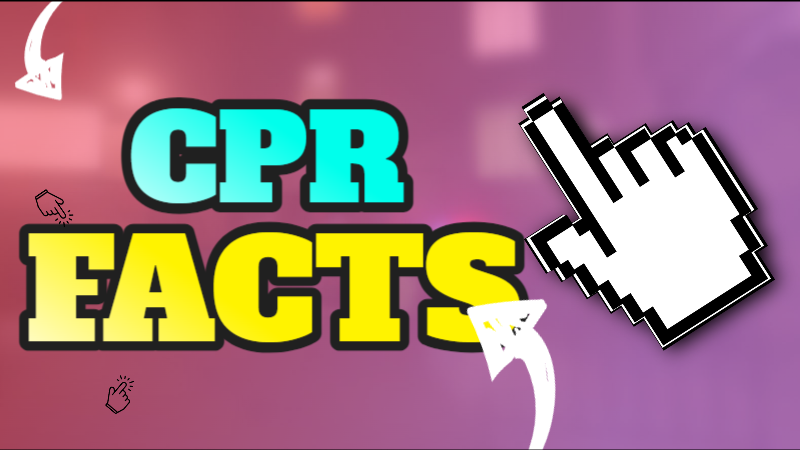In the realm of life-saving techniques, misinformation can be a dangerous adversary. With Cardiopulmonary Resuscitation (CPR) being a vital skill in emergency response, it’s essential to dispel common myths that may hinder effective intervention. Let’s dive into the truths behind CPR, debunking misconceptions and empowering individuals with accurate knowledge.
Debunking CPR Myths:
- Myth: CPR is Only Effective if Performed by Professionals.
- Fact: Bystander CPR can significantly increase the chances of survival in cardiac arrest cases. Immediate intervention by anyone trained in CPR can make a lifesaving difference.
- Myth: CPR Always Results in Rib Fractures.
- Fact: While chest compressions may cause rib fractures in some cases, the benefits of CPR far outweigh this risk. Proper technique and depth can minimize the likelihood of injury.
- Myth: Mouth-to-Mouth Resuscitation is Always Necessary.
- Fact: Hands-only CPR (chest compressions without rescue breaths) can be equally effective, especially for untrained individuals or in situations where mouth-to-mouth may not be feasible.
- Myth: CPR Can Restart a Stopped Heart.
- Fact: CPR helps maintain blood flow and oxygenation to vital organs but does not restart the heart. Defibrillation is often required to restore normal heart rhythm.
- Myth: CPR is Only Needed for Heart Attacks.
- Fact: CPR is crucial in various emergencies, including drowning, drug overdose, and suffocation, where breathing and heartbeat cease.
Dispelling CPR myths is not just about correcting misconceptions; it’s about empowering individuals with accurate information to act confidently in emergencies. By debunking myths and promoting CPR awareness, we pave the way for a safer and more prepared community. Remember, knowledge is power, and in the realm of CPR, accurate information can mean the difference between life and death.
If you’re ready to take the next step and become CPR certified, visit Delphi CPR Training Center for more information. Their courses will equip you with the knowledge and confidence to act in an emergency, ensuring you’re prepared to be the help someone desperately needs.
